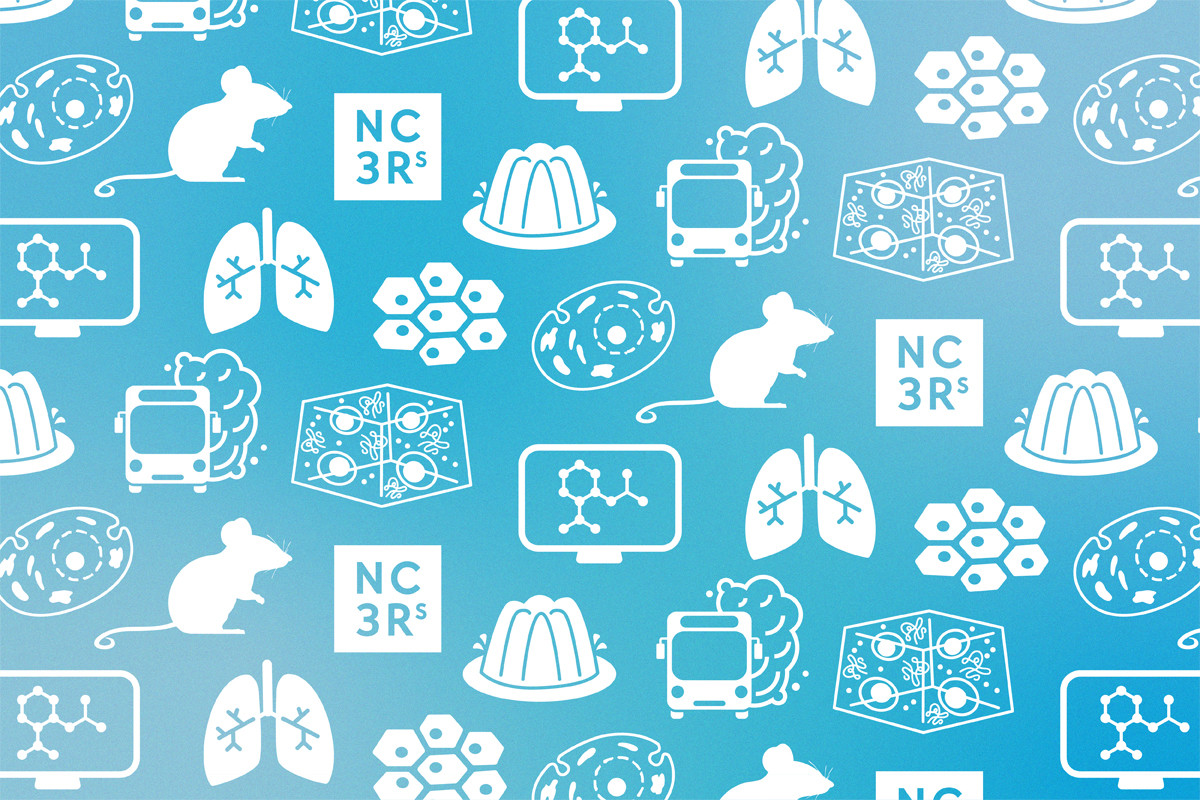Registration Details

As partners of Pint of Science we have been taking part in the annual science festival since 2014, sharing NC3Rs-funded research in pubs and public spaces across the country. In 2024 we are holding events in Nottingham, Manchester and London. The Nottingham event will explore complex cell-based models to replace the use of animals in research.
(Cell) culture change: Replacing animal research
How do scientists use cells in the lab to understand what happens inside the body? Find out how advances in technology are allowing scientists to grow cells in 3D and create multicellular models to replace the use of animals for research into human biology and disease.
Scaffolding cellular structures
Arya Ajay D/O Ajayakumar and Dr Mikayla Shelton
In the body, cells live in a complex environment surrounded by different types of cells, chemical signals and biological molecules. How can scientists mimic this in the lab to create cell-based models that replicate human biology? The Merry lab’s solution is to grow cells in a ‘water jelly’ called a hydrogel. Using hydrogels they can mimic the cellular environment of different tissues and organs in the lab and replace approaches that rely on animal-derived products.
Find out more about the NC3Rs-funded work in the Merry lab to develop synthetic hydrogels.
A breath of fresh air for lung disease research
Dr Nick Hannan
Cigarette smoke and air pollution have driven increases in respiratory disease over the past 30 years. Research has relied on animal inhalation studies to understand the effect of these chemicals on the lungs. Nick is developing a 3D cell-based model as an alternative approach that combines four different types of cells found in the human lung. This will allow scientists to investigate how cell interactions and the immune system contribute to lung disease, without the use of animals.
Read about Nick's research supported by the BBSRC/NC3Rs to develop the next generation of non-animal technologies.
